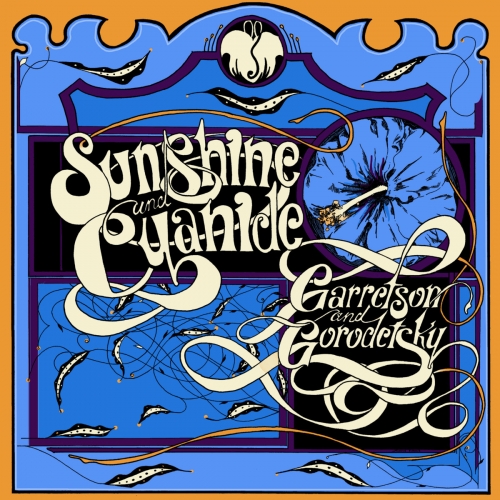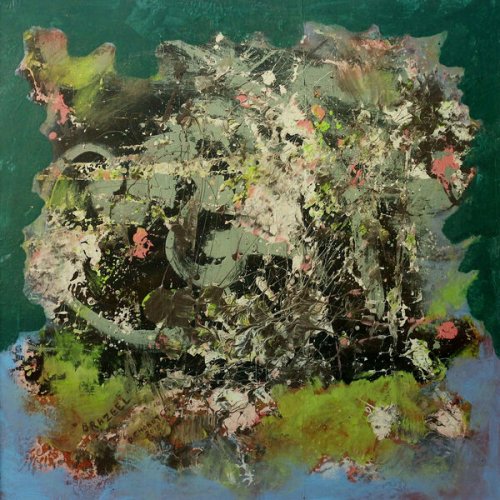La Petite Bande & Sigiswald Kuijken - Rameau: Zoroastre
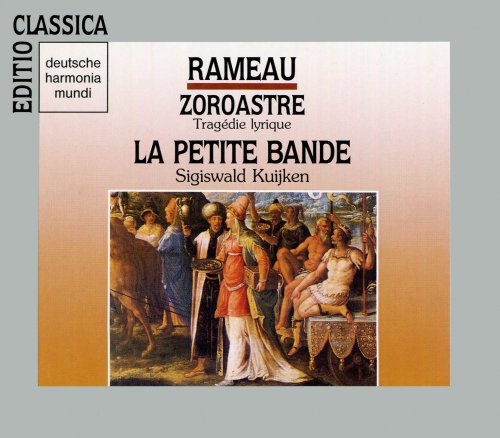
Artist: La Petite Bande, Sigiswald Kuijken
Title: Rameau: Zoroastre
Year Of Release: 1983 / 1990
Label: Deutsche Harmonia Mundi
Genre: Classical
Quality: FLAC (image + .cue, log, artwork)
Total Time: 03:03:40
Total Size: 772 MB
WebSite: Album Preview
Tracklist:Title: Rameau: Zoroastre
Year Of Release: 1983 / 1990
Label: Deutsche Harmonia Mundi
Genre: Classical
Quality: FLAC (image + .cue, log, artwork)
Total Time: 03:03:40
Total Size: 772 MB
WebSite: Album Preview
CD 1
01. Ouverture (4:48)
02. Acte premier: scène 1: À l'heureux Abramane (4:48)
03. scène 2: Princesse, avec Phoerés (5:16)
04. scène 3: Rassurez-vous tendre Amélite (4:00)
05. scène 3: Air tendre en rondeau (1:44)
06. scène 3: l'amour pour un coeur (1:17)
07. scène 3: Gavotte tendre (1:25)
08. scène 3: Cher Zoroastre, hélas! (3:09)
09. scène 3: Gavotte en rondeau I/II/I- Air léger (3:42)
10. scène 3: Les rayons du soleil (1:38)
11. scène 4: C'est vous, chère Érénice? (1:33)
12. scène 5 & 6: Entr'acte (2:56)
13. Acte second: scène 1: À mes tristes égards (3:11)
14. scène 2: Dans cet azile favorable (3:16)
15. scène 3: Aux accens de ma voix cieux (1:13)
16. scène 3: Enchantemens: Sarabande-Air un peu gay & bien piqué-Gavotte gaye I/II/I (5:23)
17. scène 3: Zoroastre vole à la gloire (3:19)
18. scène 4: En vain l'innocence crie (3:32)
19. scène 5 & 6: Hélas! Je bravois son courroux (4:09)
CD 2
01. Acte second: scène 7: Le ciel, qu'ont attendri mes pleurs (1:22)
02. scène 7: Entrée des Peuples- Air majestueux (1:54)
03. scène 7:: Ah! Que l'absence est un cruel tournement! (2:26)
04. scène 7: Menuet I/II/I (2:42)
05. scène 7: Non, ce n'est pas toujours (3:00)
06. scène 7: Rigaudon I/II/I (3:39)
07. scène 7: Cessés de redouter des prêstres criminels (3:42)
08. scène 7: Entr'acte (1:18)
09. Acte troisième: scène 1: Arrestés. Moderés cette fureur extrême (4:33)
10. scène 2: Osons achever de grand crimes (2:49)
11. scène 3: Sommeil fu de ce séjour (3:59)
12. scène 4 & 5: Sommeil fui de ce séjour (0:58)
13. scène 4 & 5: Entrée des Peuples différents (2:22)
14. scène 4 & 5: Mille rayons brillans (4:06)
15. scène 4 & 5: Loure (2:01)
16. scène 4 & 5: Accourrées jeunesse brillante (2:29)
17. scène 6: Entrée des montagnards (1:51)
18. scène 6: Gigue vive (2:23)
19. scène 6: Sur nos coeurs épuise tes armes (3:23)
20. scène 6: Tambourin en Rondeau (0:43)
21. scène 6: Hâtons notre bonheur (5:11)
22. scène 7 & 8: Entr'acte (1:14)
CD 3
01. Acte quatrième: scène 1: cruels tyrans, qui régnés dans mon coeur (2:25)
02. scène 2: Votre ennemi triomphe (8:19)
03. scène 3-4-5: Air grave (3:53)
04. scène 6: A ta voix nous quittons (1:01)
05. scène 7: Ballet-Air grave (2:18)
06. scène 7: Vengez-vous, cessez de souffrir (3:48)
07. scène 7: Ballet: Air vif (1:39)
08. scène 7:La flamme le consume! (1:50)
09. scène 7: Air très vif (2:43)
10. scène 7: Ah! Nos fureurs ne sont point vaines (3:00)
11. scène 8: Entr'acte- Air très vif (1:30)
12. Acte cinquième: scène 1: Quel tourment! (4:17)
13. scène 1: il approche (6:42)
14. scène 2-4 &5: Q'ue la fière Erinice triomphe (1:46)
15. scène 6: Par un dernier revers (1:32)
16. scène 7: Ballet: Air majestueux. (2:42)
17. scène 7: Air en rondeau-Mouvement de chaconne (1:54)
18. scène 8: Que ces noeuds sont charmants! (4:17)
19. scène 8: Entrée des Bergers, Pastres, Peuples, etc.- Andante (3:00)
20. scène 8: L'amour vole au son des hautbois (3:53)
21. Scène 8: Ballet:1ere Gavotte-Vive- 2e Gavotte-1e Gavotte-Vive (2:48)
A major achievement - John Elwes is a stylish and eloquent Zoroastre and Gregory Reinhart makes a formidable Abramane with a commanding vocal presence. Rameau's Zoroastre should afford enduring pleasure.
Here once more, but in a new CD format, is Zoroastre, Rameau's penultimate tragedie-lyrique. Readers who bought the earlier CD issue when Deutsche Harmonia Mundi were distributed by EMI (1/88) will not be amused to learn that a new booklet has been prepared for the BMG release; this contains the full text of the opera, legibly printed and now with an English translation. Thanks are due to BMG for repackaging an otherwise excellent product, thus making it accessible to a wider listenership.
Zoroastre was first performed in Paris in 1749 and was, by and large, well received. But the librettist, Cahusac was taken to task by some for relegating the love element in the opera to a secondary place. When it was revived in 1756 Cahusac made shifts of emphasis within the plot and it is this version as it first appeared, rather than that which involved yet further small changes later in the season, which is performed here. The libretto deals with the conflict between Good and Evil or Light and Darkness central to Zoroastrianism. Oromases, King of the Genies, represents the former and has Zoroastre as his high priest, while Abramane, high priest of the Temple of Darkness represents the latter. The chief protagonists in the drama are Zoroastre and Abramane who vie for power, glory and love; their characters are skilfully and often strikingly portrayed by Rameau, whose score is richly endowed with bold dashes of colour.
I very much liked this performance when it was first issued on LP in 1984 and feel much the same about it now. John Elwes is a stylish and eloquent Zoroastre and Gregory Reinhart makes a formidable Abramane with clear diction and a resonant, commanding vocal presence. His "Osons achever de grands crimes" (Act 3 scene 2) with its syncopated accompaniment and characteristically effective bassoon writing, is especially noteworthy. As I have remarked in previous reviews, the three principal female roles are sung well though I should have liked greater aural contrasts between them. Agnes Mellon as the innocent Cephie is a particularly happy piece of casting, though Mieke van der Sluis as the jealous Erinice is rather less so. Her voice is a warmly alluring one but seems ill-suited to the darker shades of this character. Greta de Reyghere brings warmth and clarity to the role of Amelite though she does not entirely succeed in conveying the danger and unpleasantness of her predicament.
La Petite Bande is on its liveliest form and Sigiswald Kuijken's direction reveals an insight into and affection for Rameau's music. In spite of some reservations, this is a major achievement and the work one that should not be omitted from any serious opera or baroque enthusiast's library. The recorded sound is excellent and as I have already indicated, the discs are now accompanied by an informative and helpful booklet. Rameau's Zoroastre should afford enduring pleasure. -- Gramophone [6/1991]
Here once more, but in a new CD format, is Zoroastre, Rameau's penultimate tragedie-lyrique. Readers who bought the earlier CD issue when Deutsche Harmonia Mundi were distributed by EMI (1/88) will not be amused to learn that a new booklet has been prepared for the BMG release; this contains the full text of the opera, legibly printed and now with an English translation. Thanks are due to BMG for repackaging an otherwise excellent product, thus making it accessible to a wider listenership.
Zoroastre was first performed in Paris in 1749 and was, by and large, well received. But the librettist, Cahusac was taken to task by some for relegating the love element in the opera to a secondary place. When it was revived in 1756 Cahusac made shifts of emphasis within the plot and it is this version as it first appeared, rather than that which involved yet further small changes later in the season, which is performed here. The libretto deals with the conflict between Good and Evil or Light and Darkness central to Zoroastrianism. Oromases, King of the Genies, represents the former and has Zoroastre as his high priest, while Abramane, high priest of the Temple of Darkness represents the latter. The chief protagonists in the drama are Zoroastre and Abramane who vie for power, glory and love; their characters are skilfully and often strikingly portrayed by Rameau, whose score is richly endowed with bold dashes of colour.
I very much liked this performance when it was first issued on LP in 1984 and feel much the same about it now. John Elwes is a stylish and eloquent Zoroastre and Gregory Reinhart makes a formidable Abramane with clear diction and a resonant, commanding vocal presence. His "Osons achever de grands crimes" (Act 3 scene 2) with its syncopated accompaniment and characteristically effective bassoon writing, is especially noteworthy. As I have remarked in previous reviews, the three principal female roles are sung well though I should have liked greater aural contrasts between them. Agnes Mellon as the innocent Cephie is a particularly happy piece of casting, though Mieke van der Sluis as the jealous Erinice is rather less so. Her voice is a warmly alluring one but seems ill-suited to the darker shades of this character. Greta de Reyghere brings warmth and clarity to the role of Amelite though she does not entirely succeed in conveying the danger and unpleasantness of her predicament.
La Petite Bande is on its liveliest form and Sigiswald Kuijken's direction reveals an insight into and affection for Rameau's music. In spite of some reservations, this is a major achievement and the work one that should not be omitted from any serious opera or baroque enthusiast's library. The recorded sound is excellent and as I have already indicated, the discs are now accompanied by an informative and helpful booklet. Rameau's Zoroastre should afford enduring pleasure. -- Gramophone [6/1991]
Related Releases:
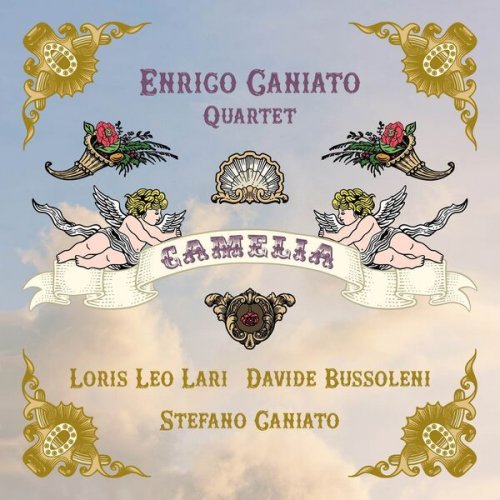
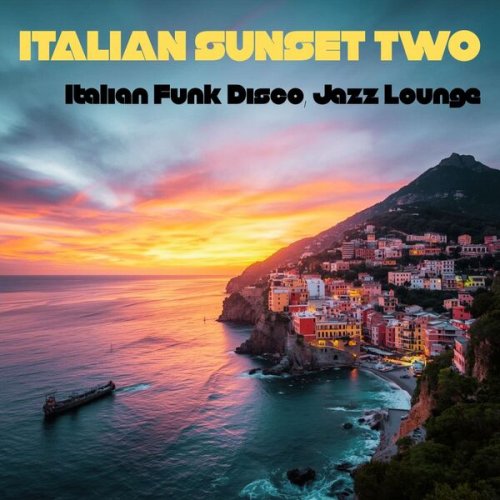
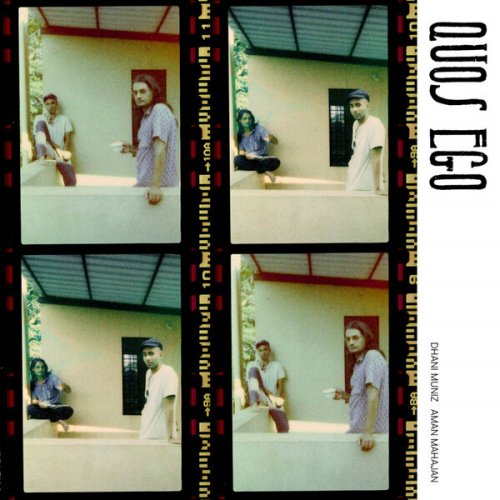
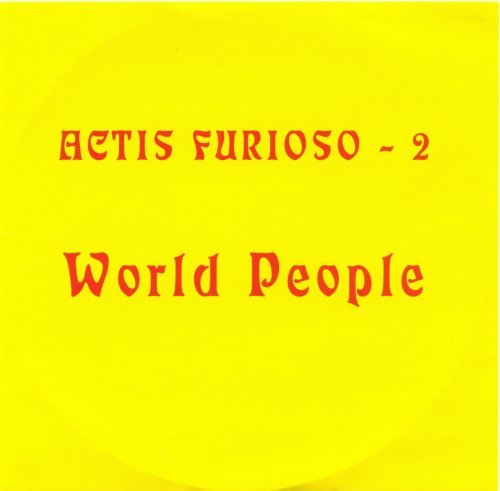
![Aaron Quinn - To Be Held (2026) [Hi-Res] Aaron Quinn - To Be Held (2026) [Hi-Res]](https://img.israbox.com/img/2026-02/20/zmwyd3pc4g0fv5hzoz5kht5h3.jpg)
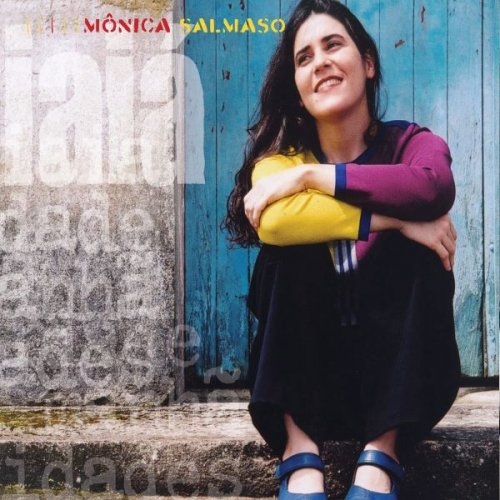
![Jeremy Pelt - Our Community Will Not Be Erased (2026) [Hi-Res] Jeremy Pelt - Our Community Will Not Be Erased (2026) [Hi-Res]](https://www.dibpic.com/uploads/posts/2026-02/1771945030_folder.jpg)
